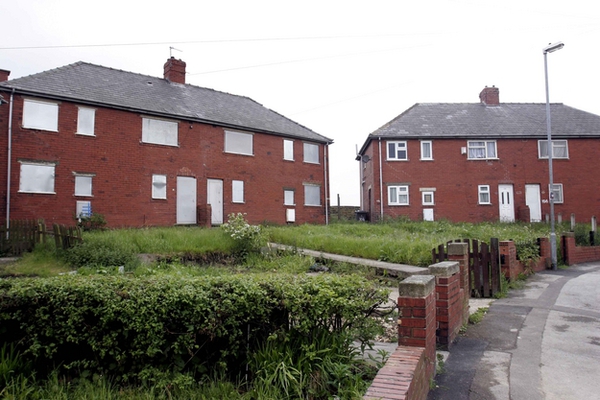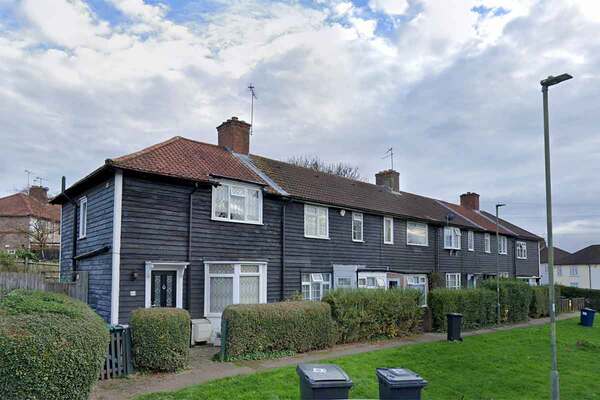The green dream
The government has heralded its Green Deal for home energy efficiency in a manner that stops just short of a 21-gun salute and a parade of acrobats.
Energy secretary Chris Huhne says it will be a third industrial revolution. His colleague Greg Barker claims it is even more ambitious than Mrs Thatcher’s sale of council houses in the 1980s.
Is such hyperbole justified for a policy that merely enables households to access energy efficiency measures at no upfront cost, with repayments attached to the property, rather than the individual? Probably not, but it would be unnecessarily cynical to say that it isn’t a good idea, and that it won’t help.
By removing the risk for households who might conceivably move home during the payback period for energy efficiency measures (which can be in excess of 20 years), the Green Deal will make their installation worthwhile.
This change in regulations will also give impetus to energy companies’ marketing efforts. They will be able to promote loft and cavity wall insulation, energy efficient boilers and double glazing to customers with a more attractive offer. And of course this will encourage take-up without the government having to spend much money to do so.
However, the New Local Government Network’s research on the application of the Green Deal in the social housing sector found that in social housing alone, there could be hundreds of thousands of homes where the cost of energy efficiency measures will be more than the long-term savings on energy bills that they achieve. For these households, improved energy efficiency will not make economic sense, with or without the new mechanism.
Therefore, additional measures will be necessary. Our report recommends a revised energy supplier obligation with a more concentrated focus on fuel poverty to provide grants for those unable to benefit from the Green Deal. Currently the supplier obligations are targeted in large part at low-income households and areas that do not necessarily correspond with fuel poverty.
Allied to a strengthened role for local government in promoting the Green Deal in partnership with the private sector, this would significantly expand the scope of improvements to home energy efficiency. Perhaps cause to break out the acrobats?
Luke Hildyard is author of a NLGN report on the Green Deal in social housing








